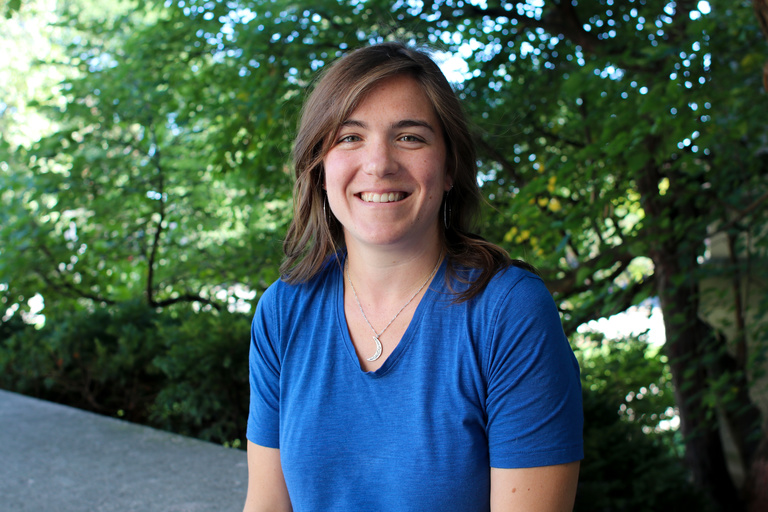Emily Brown, senior advisor and program director in Study Abroad at the University of Iowa, reflects on the COVID-19 pandemic.

Emily Brown
In the last 18 months, whenever I have met someone new and shared what I do for a living, the inevitable response has been, “This must be a hard time to be a study abroad advisor.” Advising students is always emotional work; doing so against a backdrop of a global pandemic has been particularly taxing. Despite the inherent challenges, there are positive trends among the students I advise, and I think it’s important to take a moment and unpack them.
At the beginning of the pandemic, students wanted assurances. When we feel the ground shifting beneath us, we want someone to tell us that all will be well if we can just hold on. Students and their families sought guarantees about travel, financial reimbursements, and grading options for disrupted courses. I shared what I knew, advocated as appropriate, and was honest about what I could reasonably promise. Even so, I had the sense that the lack of definitive answers was disheartening. When we began advising students for future programs, I had countless conversations about possible paths and corresponding outcomes. It felt like trying to hold open multiple doors against a strong wind. Students were frustrated, and so was I.
Then something shifted. Put simply, students’ ability to navigate uncertainty has increased exponentially. Now when I explain options, students no longer fish for an answer; instead, they seem empowered to make the best choice they can at the time. I call this “serenity prayer-ing,” e.g. the ability to see and accept what is within and beyond our control. As they emerge from a period of canceled plans and shifting expectations, many students have developed this crucial skill.
Some students anticipated their semester abroad for years only to have it cut short. Others missed the window of opportunity and are graduating without a desired international experience. Still others have applied to the same program multiple times and hope to finally participate next year. Through it all, students have demonstrated such grace. Rather than assigning blame or wallowing in disappointment, they recognize the extraordinary circumstances we all face and are genuinely grateful for assistance. They are gentler to themselves and to others. I am confident that this generation of students will carry that grace forward into the next chapter of their lives.